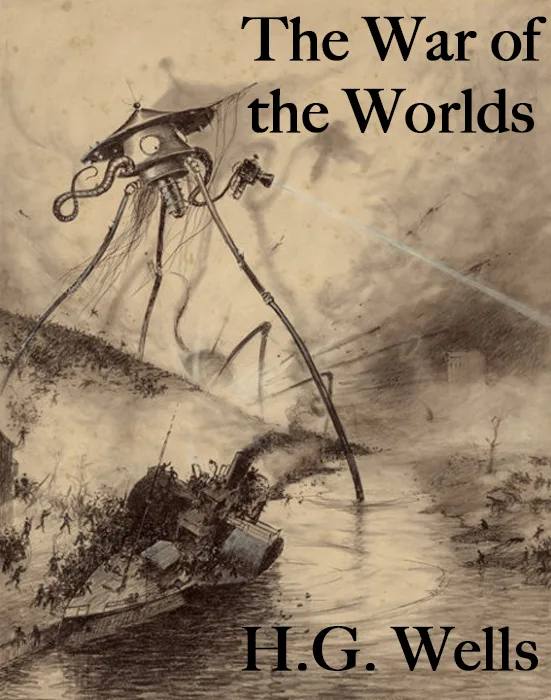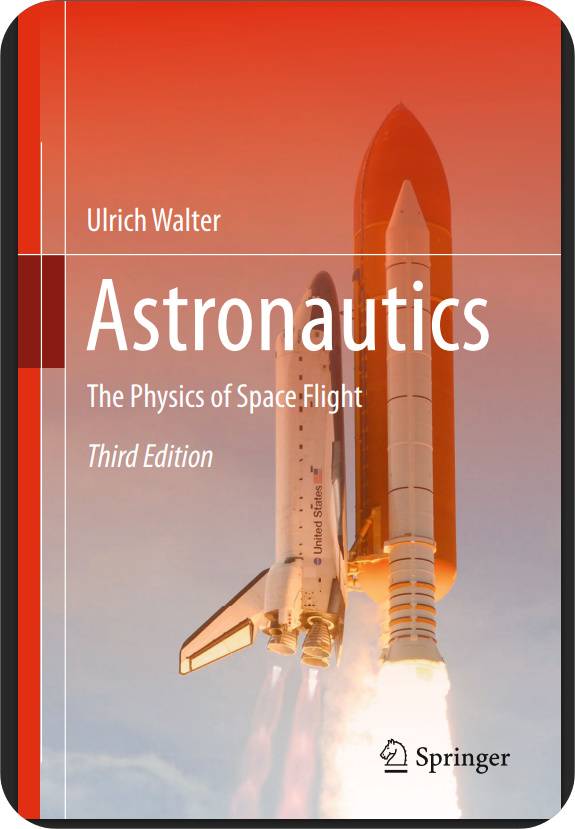
Having read “The War of the Worlds” when I was younger, this time around, it was a quick read for me. Additionally, having seen the movie, the pace felt familiar and flowed well. The book written by H. G. Wells was first published in 1898.
I am still completely in awe of the creativity that Wells showcased during that era. I’m certain this book was ahead of its time. Anyone considering writing a sci-fi story should first study Wells’ work.
The Plot
The book is about an invasion by Martian civilization. The story is described by an unnamed narrator, who also has a younger brother. Soon after a cylindrical object lands on Horsell Common in Surrey, England, panic grips the plot. More of these objects quickly arrive on Earth, each allowing tripods to emerge. Military intervention follows leading to confrontations.
The narrator then relocates his wife to Leatherhead. And while he was on the way, he encounters many such Martian tripods.
Meanwhile, his brother helps two women in escaping London. While he was in the process, he too faces many encounters with Martian fighting-machines or the tripods. These machines, create wreck and mayhem across cities and continue to expand their base. As they move, they keep on releasing poisonous Black Smoke, which forces mass evacuations across cities.
On the other side, narrator, and his companion face harrowing experiences, caused by the Martians. Both try to evade capture or death at the hands of the Martian forces. The fragmented news that they receive creates an impression that the Martians are unstoppable. This leads to little hope for improvement.
Thus, persistent threat fosters conflicts and tensions between them as they grapple with the immense stress of survival in the face of overwhelming odds. Finally, this interpersonal struggle leads to the breakdown of their relationship.
He then alone, starts to navigate the desolate landscape. And while doing so, he encounters an artilleryman with plans for survival. However, he prefers to continue his journey alone. The narrator’s isolation heightens his vulnerability and contributes significantly to the book’s overall tension.
As he approaches London, he witnesses the aftermath of destruction and hears the faint chant of a dying Martian. Surprised, the narrator finds that the Martians have fallen victim to terrestrial bacteria. This has therefore, put an end to their reign of terror. Overwhelmed by the devastation, he experiences a breakdown before receiving care from a compassionate family.
At the climax, the narrator reunites with his wife, and then contemplates the invasion’s significance. He recognizes the fragility of human civilization against extraterrestrial threats.

Takeaway
The ending does take an interesting turn, that is, it wasn’t technology that defeated the Martians, but bacteria. While humans are immune to many bacteria, Mars lacks such microorganisms. The Martians, in their attempt to consume human blood, inadvertently introduced these bacteria into their systems, which proved fatal. One of the best illustrations of the principle of “survival of the fittest”.
This story is truly remarkable and imaginative, especially when you consider its era of creation (as I have mentioned before). A huge shout out to The Project Gutenberg for providing the e-book! For those unfamiliar with this seminal work of science fiction, mark it as a must-read. And for fans of classic sci-fi, you can’t go wrong with this timeless novel.



